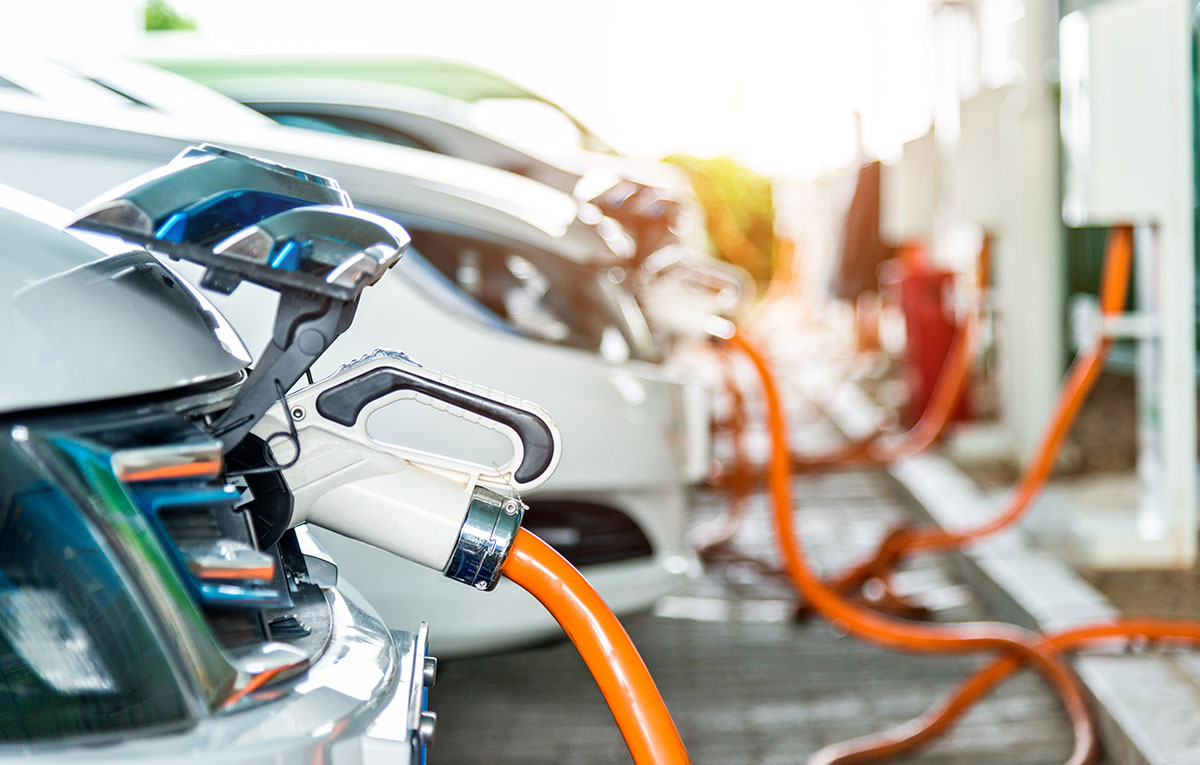Future Fuels and Vehicle strategy a missed opportunity
Australia’s peak motoring body says the Federal government’s Future Fuels and Vehicle Strategy contains some welcome co-investments in electric vehicle (EV) charging infrastructure, but it appears to fall short of delivering the policies required to move the dial for Australian consumers.

Australia’s peak motoring body says the Federal government’s Future Fuels and Vehicle Strategy contains some welcome co-investments in electric vehicle (EV) charging infrastructure, but it appears to fall short of delivering the policies required to move the dial for Australian consumers.
AAA Managing Director Michael Bradley said: “Australia is a small player in the global marketplace and we need national policies that actively incentivise car brands to sell additional low emissions cars into Australia, providing Australian consumers with increased choice.
“Government co-investment in EV charging is a good first step, but if we want to move Australia from the back of the queue, we need a national Vehicle Emissions Standard that sets a national emissions target and uses market forces to incentivise car brands to import more fuel-efficient cars.
“This is how other developed car markets operate and we need to recognise that until we do similar, car makers will continue to prioritise their most efficient cars into the overseas markets that better reward them.
“The AAA will continue to urge the Government to embrace the power of market mechanisms to reduce emissions at least cost to consumers.”
The AAA is also concerned today’s announcement misses the opportunity to help Australian consumers better understand which cars are the cleanest, or the cheapest to run. The actions of Volkswagen and other brands have clearly demonstrated that not all new vehicle technologies are focused on reducing emissions; and that some are instead being developed and deployed to cheat regulatory testing of emission standards.
“At a time when Australian petrol prices are heading through the $2 per litre mark, it is critical that Australian fleet buyers and families know the difference between how a car performs in a European laboratory, and how it will perform on an Australian road,” Mr Bradley said.
“The AAA hopes the Government will look at ways of providing consumer information about the actual environmental performance of Australian vehicles as a matter of urgency.”
A AAA pilot study in 2017 deployed the European Union’s Real World Emissions Testing methodology on 30 popular Australian cars and found they were using up to 59% more fuel than advertised.